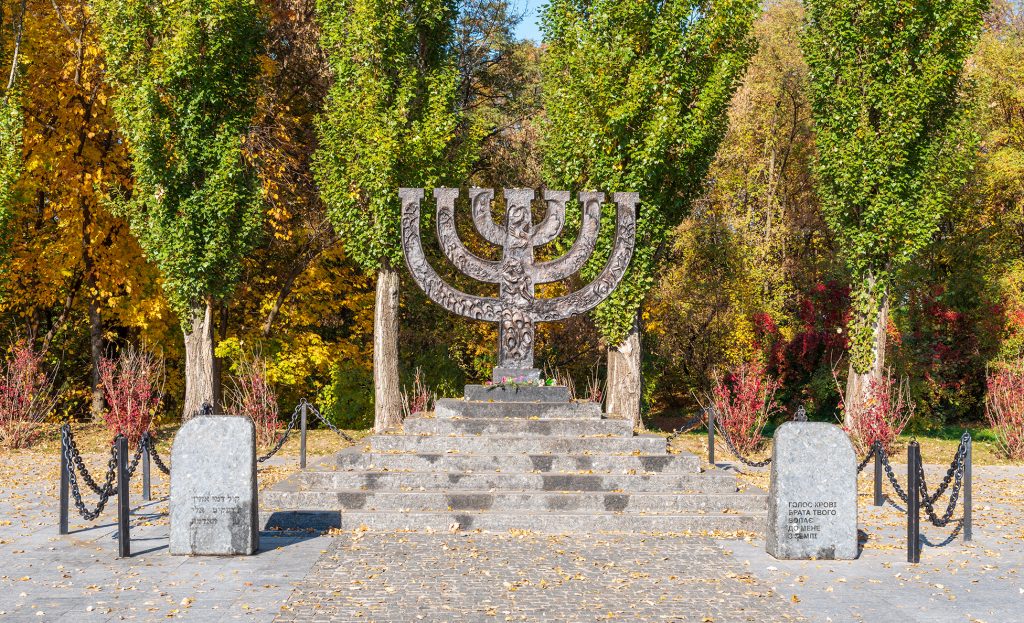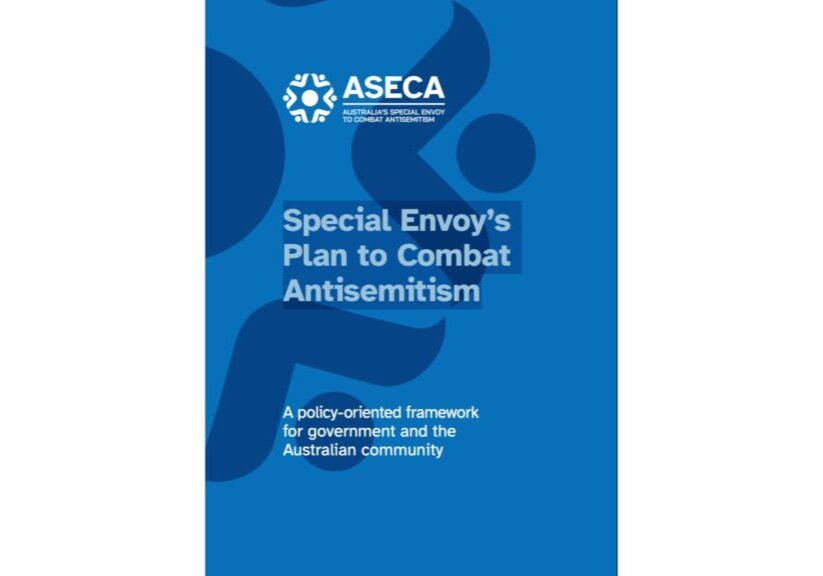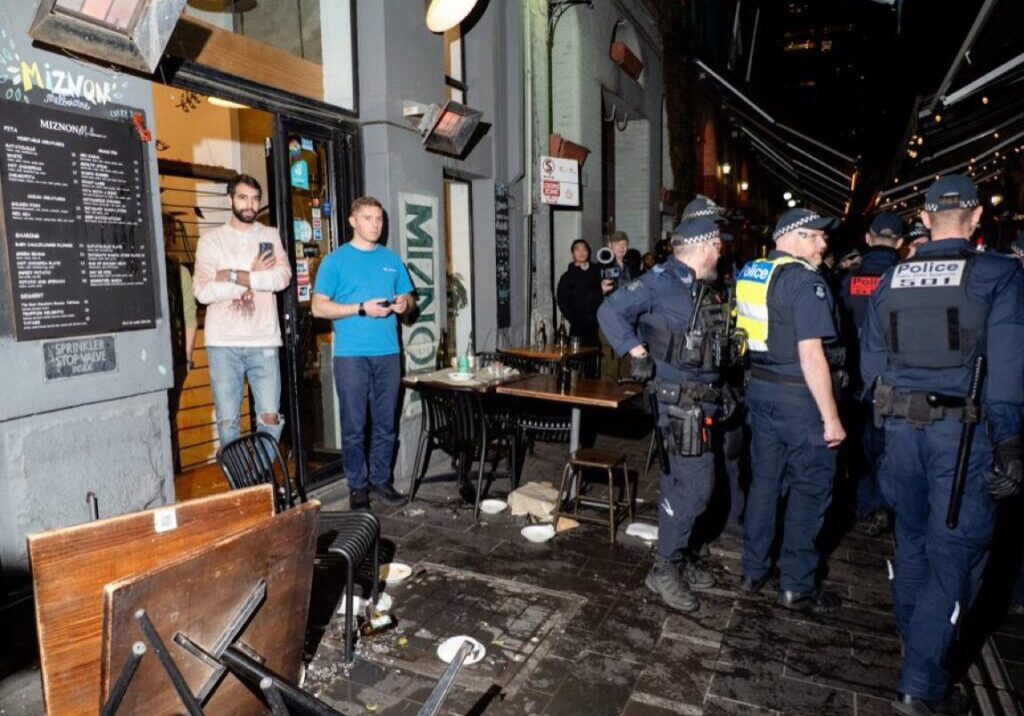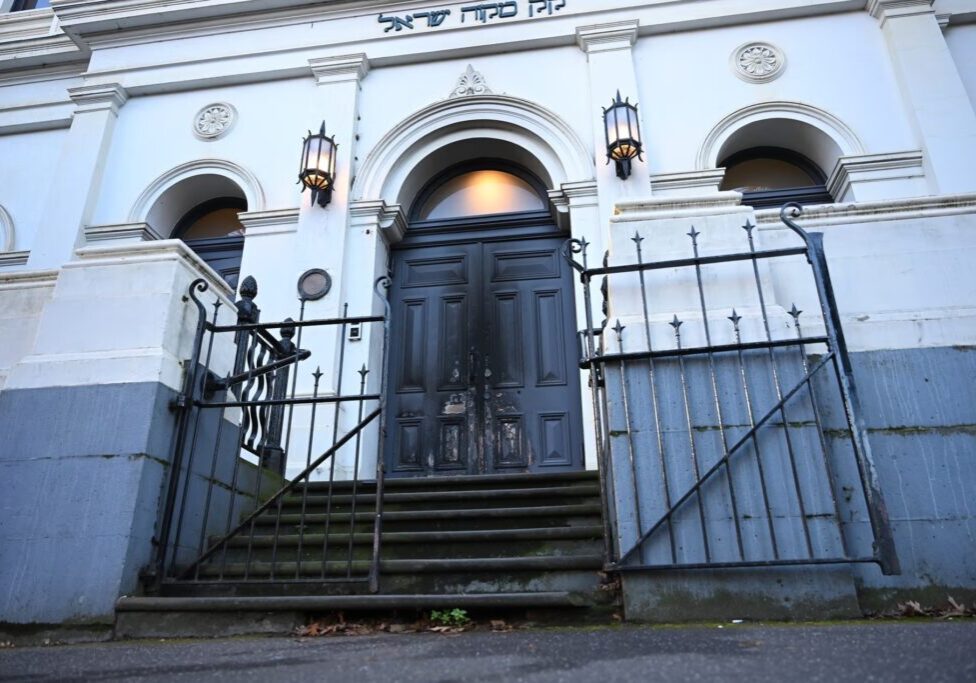Australia/Israel Review
The Last Word: Ukrainian Reflections
Mar 31, 2022 | Jeremy Jones

“When we win Olympic medals, we are Soviets – but when we are Nazi collaborators, we are Ukrainians.” My interlocutor’s frustration was palpable.
He was an Australian of Ukrainian background who had reached out to me, in my capacity as a Jewish community leader, in the wake of the novel The Hand that Signed the Paper receiving the 1995 Miles Franklin Award – Australia’s most coveted prize for fiction.
In the time between the publication of the novel and its author, “Helen Demidenko”/Helen Darville, being exposed as someone quite other than a dutiful young Ukrainian attempting to bring nuance to a complex political debate, some were applauding the novel’s “authenticity”. Yet a number of people with real knowledge of Ukraine correctly assumed that the book was not written by someone with deep knowledge of their community or the nature of 20th century Ukraine.
One response to what reads as a defence of participation in genocide in the novel (it features an accused Nazi war criminal putting his side of the story) was a discussion about Nazi war criminals living in Australia, with some attention paid to the fact that there were criminals identified as coming from a variety of nationalities and European arenas of battle.
While Nazi-occupied Ukraine was the backdrop for the alleged crimes in the novel, the Australian protagonist, Fiona, has to come to terms with her family’s history via a trial in a South Australian court.
Earlier, lengthy public debate had preceded the introduction of The War Crimes Amendment Act 1988, with members of Australia’s Ukrainian and Jewish communities playing an active part. The peak bodies of the Jewish and Ukrainian communities in Australia, the Executive Council of Australian Jewry and the Australian Federation of Ukrainian Organisations, formally presented a joint position emphasising that the ethnicity of the perpetrator was not the issue – it was the criminal actions that demanded a response.
The debate over both the novel and the introduction of legislation allowing for Nazi war criminals to be prosecuted in Australia brought me into contact with a community that was diverse and vibrant. It included both antisemites and people completely opposed to all forms of racism, bigotry and discrimination.
For decades prior to the war crimes issue arising, the Jewish and Ukrainian communities shared interests in fighting the Soviet Union’s human rights abuses and in the development of Australian multiculturalism.
Subsequent visits to Ukraine have reinforced my interest in that country and perception of both vibrance and overall progress on the issue of inter-communal relations.
The issue of antisemitism inevitably arises in any discussion of Ukrainian-Jewish relations.
The notorious Mendel Beilis blood libel trial of 1913 took place in the heart of Ukraine, setting in stone a marker that will forever be a stain.
Even better known is the infamous Shoah killing site of Babyn Yar – located well inside metropolitan Kyiv. Not in the hinterlands, hidden away, but in a central location.
The reality is that in modern Ukraine, there are civil society leaders who will not try to hide or whitewash this past, but grapple with its meaning as they continue to develop a post-Soviet identity.
There are Jewish Ukrainians with a range of political views, many making significant contributions to shaping modern Ukraine.
In recent years, I have had the privilege of having developed relations with Ukrainian Australians who are contributing to both countries, and who have involved me, in a minor way, in developing bilateral ties.
It is very difficult for me to witness the Russian assault on that country, and not only because of my friends who are defending their country or have fled and are living as refugees.
We must think of Ukraine not just as the victim of Russian brutality and military barbarism, but as a nation that should, indeed must, soon have the opportunity to continue its development as a modern, forward-thinking democracy.






